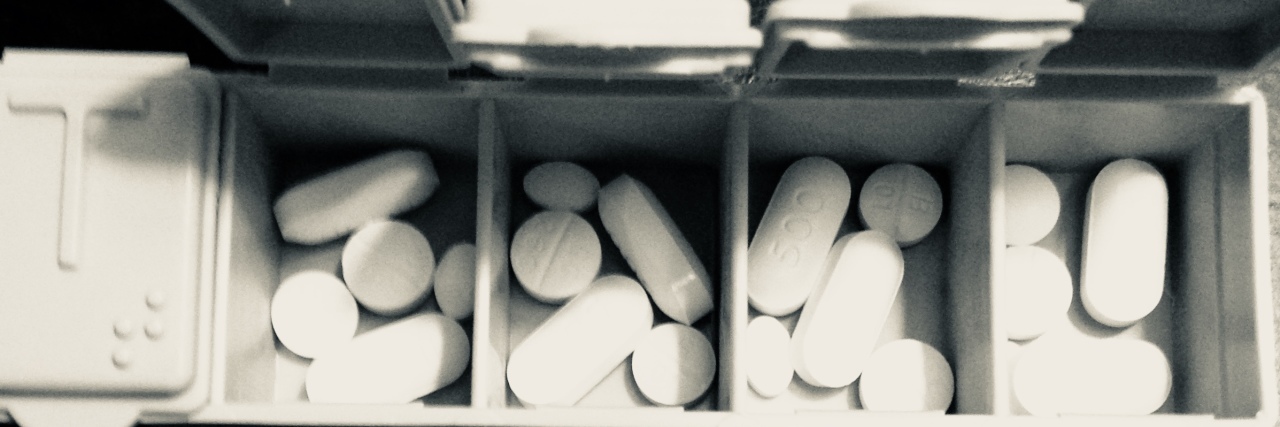When I Felt Envious of Those on 'the Other Side of Sick'
I have a birthday this month, and like many of us with chronic or life threatening illnesses, I’m just happy to see another year – let alone a year that has the potential for fewer complications than others. I’m more aware of how quickly life can change now, and so I like to celebrate even more than I did when I was younger. Another year older? Heck yes. Be happy about it. Dance while you can.
One of the things I’ve observed as a relatively new member of the chronic illness community is that most of us recognize our lives as having at least two distinct chapters, namely before diagnosis and after. We start to count our time in these binaries and cycles…before and after major procedures or changes in our conditions, or from treatment to treatment, for instance. We become acutely aware of the fact that there’s “sick,” and what I think of as “the other side of sick.” We learn to cope with the fact that most of us will never really experience the other side of sick.
So, if we’ll not necessarily experience the other side of sick, why is it important to us?
We have friends and family who are on the other side of sick. It’s their perspective and their experience, and we can benefit from thinking about it when we don’t see eye to eye, or when we’re being harder on ourselves than we need to be. Think about it this way, there’s “regular sick” – our friends come down with the flu, feel awful for a week, but know they’ll get better soon. They know there’s an end to what they’re feeling, and they’ll be the same as they used to be when it’s all over. They can move on from being sick. Those of us with chronic illnesses don’t really have the same experience, and we can feel trapped, even isolated.
When I was first diagnosed, I found myself feeling envious of people on the other side of sick. I was angry that I drew what I thought was the short straw: a brand new identity as a sick person that would mean a future of deterioration and pain. Part of that is true. I will deteriorate faster and more severely than the average aging process while experiencing pain, and that’s a really unpleasant realization. I sometimes contemplate, “What if lupus never happened to me? What if I was healthy again? What if I was back to my old energetic self that everyone used to love?” As if those situations were the ideal, and my reality was less than. That’s a recipe for depression and a whole lot of self-hatred. But where I was wrong was feeling that the other side of sick was the promised land, per se.
My disease is a permanent fixture of my physical being and my identity, but what I’ve been learning is that I often see it more than others do. I see the other side of sick like it’s the ideal, but I have a few family members and close friends who only see me. They don’t compare who I am now and what I look like now with who I used to be, like I do. They don’t divide my life or their relationship with me into before and after. I’m just Krista to them. Those few people are my miracles. I can learn from them when I’m frustrated with setbacks or feeling awful for weeks at a time, or just feeling less than. If they don’t see sick, then I don’t have to idealize the other side of sick. They remind me that I can be kinder to myself, and they’re right – I can be.

